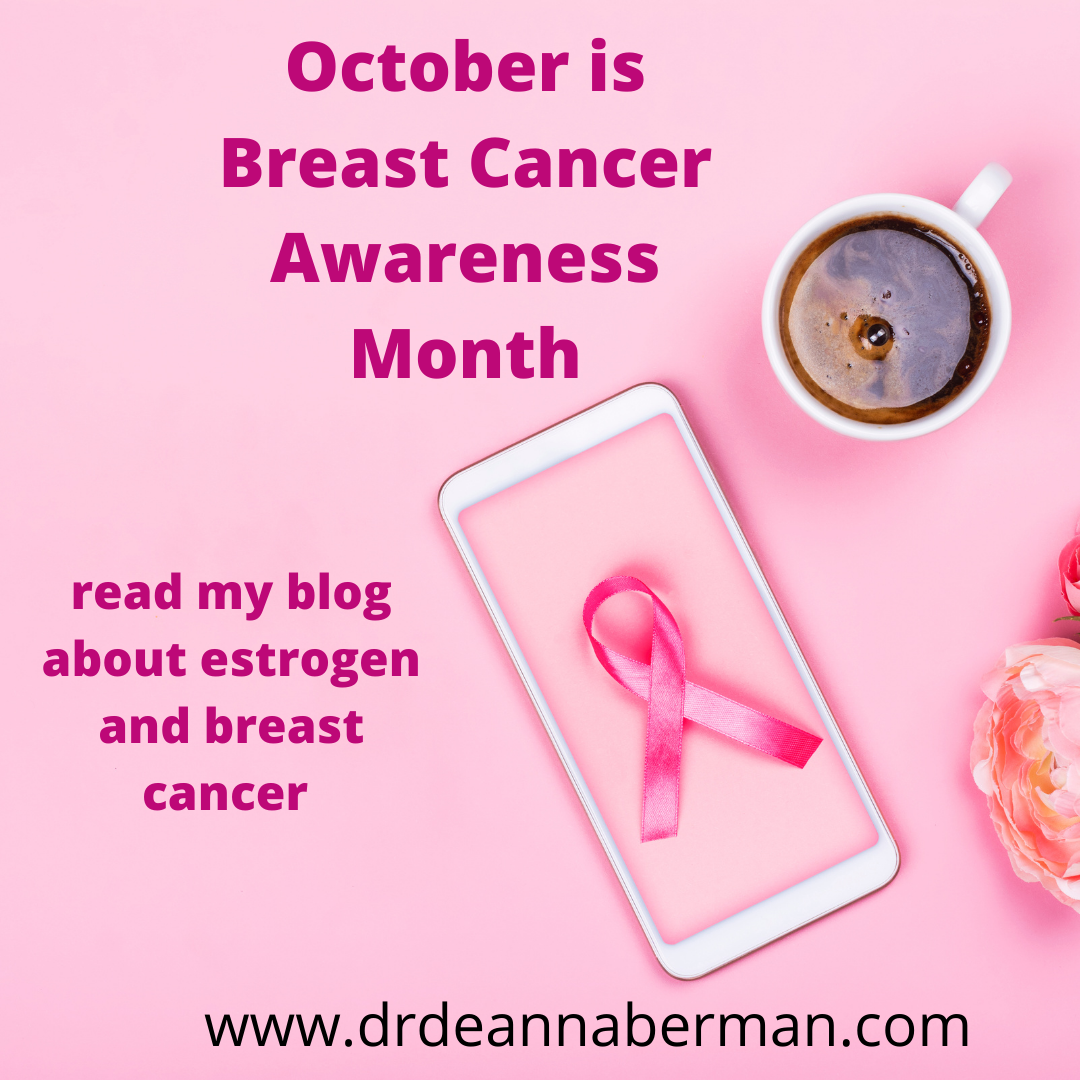“I am no longer interested in sex.” “Every time I have sex, I get a UTI.” “I have dryness and itching in my private areas.” These are comments I hear every day from my patients. What do all these issues have in common? They are often related to hormonal imbalances.
Everyone knows that after menopause our hormones go down and we are more susceptible to low sex drive, sleep issues, irritability, vaginal dryness, osteoporosis, UTIs, and more. But I am seeing a lot of young women who are not even close to menopause with these issues. Some of them have low estrogen, some have other hormonal imbalances. I do a test called a DUTCH Complete on almost all my patients. This test helps me assess the hormonal imbalances that are causing various health issues.
Depending on the symptom severity, age and other factors, I may suggest the use of bioidentical hormones to help rebalance your hormones and resolve your health issues. When I mention hormones, and especially estrogen, many women bring up breast cancer. Well, October is Breast Cancer Awareness Month so I thought I would talk a little about hormones and breast cancer.
Will Estrogen Affect my risk of Breast Cancer:
Breast Cancer affects both men and women, although far more women get it than men. After skin cancer, breast cancer is the most common cancer in American women. Many women fear getting breast cancer, and this is understandable. There is much research being done about the risk factors for breast cancer.
Many years ago I did a training called “The healthy breast program for Breast Cancer Prevention”. In this training, I was given ways to help women decrease their risk of breast cancer. Some factors involved in breast cancer development that you cannot control include age, reproductive history, having dense breasts, genetics, family history, prior exposure to radiation, and exposure to DES. Some factors you can control include getting regular exercise, being overweight or obese, drinking alcohol, use of antibiotics and your diet.
Breast Cancer rates vary depending on where you live. Some countries and some states have higher rates of Breast Cancer than others. This indicates that factors other than hormones play a role in Breast Cancer development. In the 1950s, Rachel Carson wrote a book called Silent Spring where she theorizes that chemicals used in farming may pose a risk to human health. Some of these chemicals were subsequently banned from use in the US, but are still being used in other countries today.
Vaginal Health, UTIs and Hormones:
How does all this talk about breast cancer link to other health issues? I work with many women with bladder and vaginal issues and estrogen and other hormones play an essential role in vaginal and bladder health. After menopause, there is a change in estrogen levels, which effects the vaginal pH. This leads to a change in the vaginal tissue health and in the vaginal microbiome, which can lead to an increased risk of UTIs. There is some evidence that other hormones play a role in the vaginal tissue health, such as DHEA and testosterone.
Everyone Is Different:
When we talk about using hormones, it is important to take a close look at your risk for breast cancer. Everyone is different and we always need to weigh the risks and benefits of using hormones. I find it is best to work with a doctor you trust to assess whether or not using hormones, including estrogen is right for you. I use the DUTCH test as a guide to look at hormone levels, estrogen detoxification pathways and other factors to help me decide what the best way to address the various health issues related to hormonal imbalances.
Sexual Health without bio-identical hormones:
If you do not want to use estrogen, below are some alternative products for sexual health
- FemmenessencePRO Post by Symphony Natural Health
- Libido Stim-F by Designs for Health
Vaginal Health without Bio-identical Hormones:
For vaginal dryness or vaginal atrophy if you do not want to use estrogen, try the following:
- Key E Suppositories by Carlson Labs
- Renewed DHEA Vaginal Suppositories by Bezwecken
- AVI Cream by Bezwecken
Breast Cancer Prevention:
Some of my favorite supplements for breast cancer prevention:
- DIM 150mg by Inwell Biosciences
- Red Clover by Vitanica
- Estrocleanse III by Nutritional Frontiers
